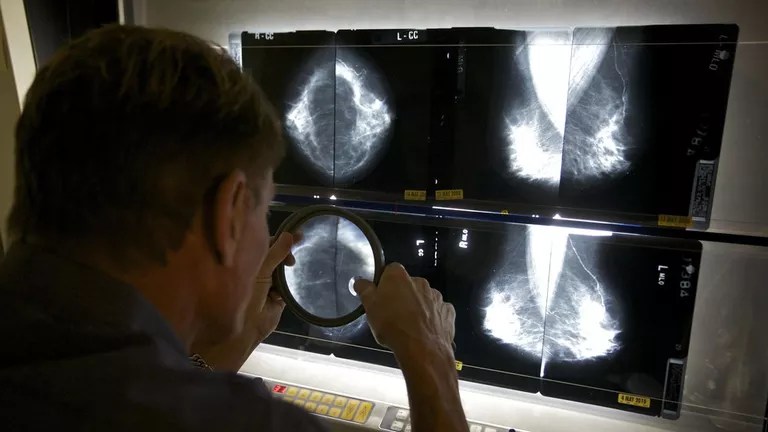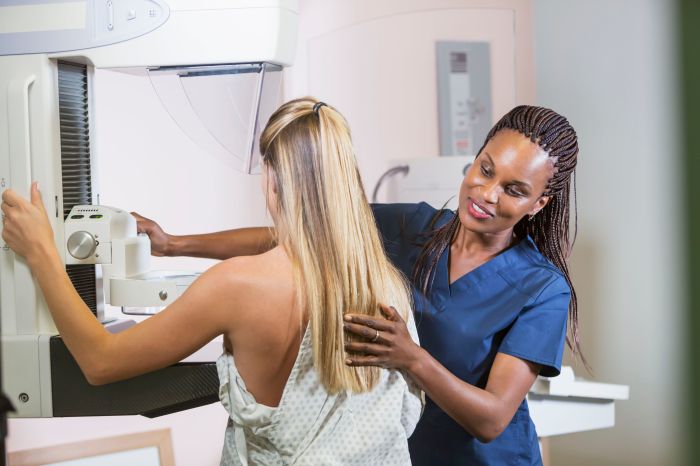Embarking on a career as a mammographer presents a unique blend of rewards and challenges. From the immense satisfaction of aiding in the early detection of cancer to the potential emotional toll of interacting with patients facing this life-altering disease, the pros and cons of being a mammographer are multifaceted and warrant careful consideration.
This comprehensive guide delves into the intricacies of this specialized profession, providing valuable insights into its educational requirements, job responsibilities, work environment, and career advancement opportunities. Additionally, it addresses the potential risks and emotional challenges associated with mammographer roles.
Job Overview

Mammographers play a crucial role in healthcare by performing mammograms, an essential screening tool for detecting breast cancer. They operate advanced imaging equipment to capture detailed images of breast tissue, enabling radiologists to identify potential abnormalities and make timely diagnoses.
To become a mammographer, individuals typically complete an associate’s or bachelor’s degree in radiography or a related field, followed by specialized training and certification in mammography.
Pros of Being a Mammographer

Mammography offers several rewarding aspects for professionals. Mammographers have the opportunity to make a tangible difference in patients’ lives by detecting cancer early, potentially leading to successful treatment outcomes. The field provides job stability due to the ongoing demand for mammograms as a vital screening tool.
Additionally, mammographers can pursue career advancement opportunities, such as management positions or teaching roles.
Cons of Being a Mammographer
While mammographers perform a crucial service, there are potential risks associated with their work. They are exposed to low levels of radiation during mammogram procedures, which can pose long-term health concerns if not properly managed. Furthermore, mammographers often interact with patients who are facing the emotional challenges of cancer diagnosis and treatment, requiring emotional resilience and empathy.
Work Environment

Mammographers typically work in healthcare settings, such as hospitals, clinics, and imaging centers. They operate mammogram machines in designated areas, ensuring a clean and safe environment for patients. Mammographers must adhere to strict safety protocols to minimize radiation exposure for themselves and patients.
Career Advancement

Mammographers have various career advancement paths. They can pursue management positions within radiology departments, becoming supervisors or managers responsible for overseeing staff and operations. Additionally, mammographers can transition into teaching roles, educating and training future healthcare professionals in the field of mammography.
Ongoing continuing education opportunities enable mammographers to stay abreast of the latest advancements in breast imaging technology and patient care practices.
Answers to Common Questions: Pros And Cons Of Being A Mammographer
What are the educational requirements to become a mammographer?
Typically, a bachelor’s degree in radiography or a related field is required, followed by specialized training in mammography.
What are the potential risks of radiation exposure for mammographers?
Mammographers are exposed to low levels of radiation during the course of their work. While the risk of developing cancer from this exposure is minimal, it is essential to adhere to safety protocols and minimize exposure as much as possible.
How do mammographers cope with the emotional challenges of dealing with cancer patients?
Mammographers often receive training and support to help them manage the emotional challenges of their work. They may also rely on colleagues, family, and friends for support.
